 | |
| Founded | 1873 in Florence, Italy |
|---|---|
| Founder | Giulio Cesare Sansoni |
Key people | Giovanni Gentile |
| Owner | Arnoldo Mondadori Editore |
Sansoni is an Italian publisher founded in 1873 by Giulio Cesare Sansoni, located in Florence.
 | |
| Founded | 1873 in Florence, Italy |
|---|---|
| Founder | Giulio Cesare Sansoni |
Key people | Giovanni Gentile |
| Owner | Arnoldo Mondadori Editore |
Sansoni is an Italian publisher founded in 1873 by Giulio Cesare Sansoni, located in Florence.
Until the 1930s, Sansoni devoted almost all its attention to literature, with its works mostly aimed at schools and universities. Some of its most important collections are "Raccolta di opere inedite o rare di ogni secolo della letteratura italiana" (started in 1880), "Biblioteca scolastica di classici italiani (started in 1885), "Collezione di classici greci" (started in 1887), "Biblioteca critica della letteratura italiana" (started in 1895).
In 1932 Sansoni was bought by Giovanni Gentile who extended its scope into philosophy and history. [1] He started some new magazines including the second series of "Giornale critico della filosofia italiana", "Critica d'arte" (directed by Ranuccio Bianchi Bandinelli, Carlo Ludovico Ragghianti and Roberto Longhi), "Lingua nostra" (directed by Bruno Migliorini e Giacomo Devoto).
After the end of World War II and the assassination of Gentile in 1944, the publisher was managed by his son Federico. [2] He opened the way to encyclopedias (including Enciclopedia cattolica and Enciclopedia dello spettacolo) and dictionaries. In 1976 Federico Gentile sold the company to Rizzoli and on the same year he founded the publishing house Le Lettere (still located in Florence). [3] Le Lettere acquired part of the titles of Sansoni, including Giovanni Gentile's Opera Omnia. Sansoni became later one of the many trademarks of Arnoldo Mondadori Editore. Sansoni's archives are in Archivio di Stato di Firenze, which is restoring and inventorying them after the flood of 1966.

Piero Calamandrei was an Italian author, jurist, soldier, university professor, and politician. Born in Florence, he was one of Italy's leading authorities on the law of civil procedure.
Ermolao Barbaro (1410–1471/1474) was an Italian prelate. He is sometimes referred to as "the elder" to distinguish him from his relative Ermolao Barbaro.

Gaetano Cozzi was an Italian historian, professor at Padua University, and researcher with the Giorgio Cini Foundation and Fondazione Benetton Studi e Ricerche. He was a specialist in Venetian history, with special attention to the institutions, the relationship between law and society and the cultural environment.
Marcello Landi (1916–1993) was an Italian painter and poet.

Vito Fazio-Allmayer was an Italian philosopher, pedagogist and university teacher.
Orazio Bacci was an Italian Liberal Party politician. He was the 12th mayor of Florence, Kingdom of Italy. He died in Rome.
The following is a timeline of the history of the city of Prato in the Tuscany region of Italy.
Antonio Garzya was an Italian classical scholar, philologist, and university professor.

Giorgio Ficara is an Italian essayist and literary critic. He is Full Professor of Italian Literature at the University of Turin.

Caterina Franceschi Ferrucci was an Italian writer, poet, patriot, and educator.
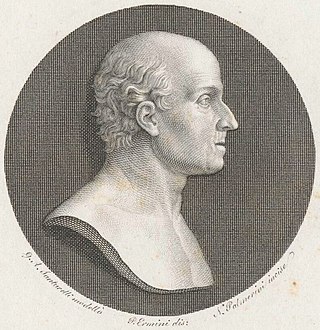
Giuseppe Bencivenni Pelli or Giuseppe Pelli Bencivenni was an Italian civil servant and essayist. Born and dying in Florence, he served as director of the Uffizi Gallery from 1775 to 1793. He was the last member of a Florentine patrician family.
Le Lettere is an Italian publishing house based in Florence, founded in 1976 by publisher Federico Gentile, son of the philosopher Giovanni Gentile.
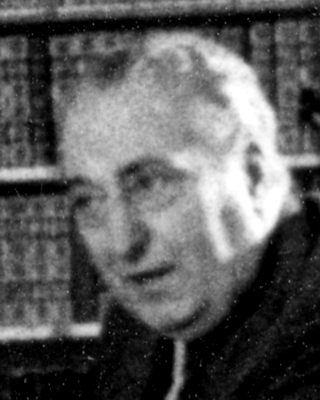
Federico Gentile was an Italian publisher. Gentile is best remembered for founding the publishing company Le Lettere, that he created after many years at the helm of Sansoni, which was acquired by Giovanni Gentile who entrusted it to his son in 1932.

Ettore Bignone was an Italian classical philologist and man of letters.
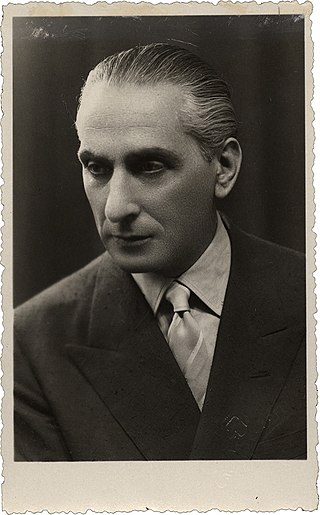
Antonio Veretti was an Italian composer.
Carmelo Samonà was an Italian academic and writer, as well one of the most important Italian Hispanists.

Antonio Baldini was an Italian journalist, literary critic and writer.
Carlo Francovich was an Italian politician, partisan and literary historian.
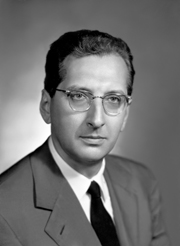
Cesare Luporini was an Italian philosopher, historian of philosophy and politician.
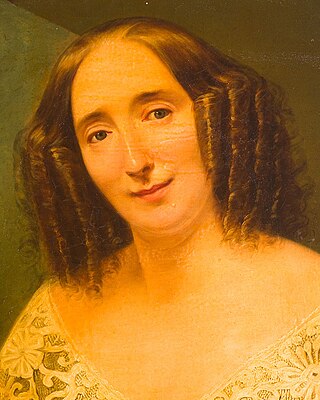
Camilla Guiscardi Gandolfi was an Italian painter.